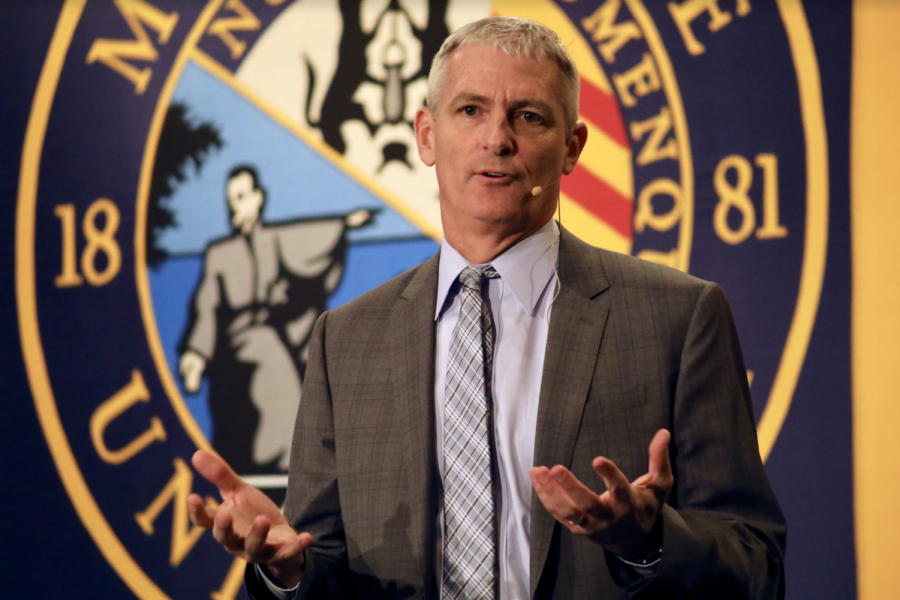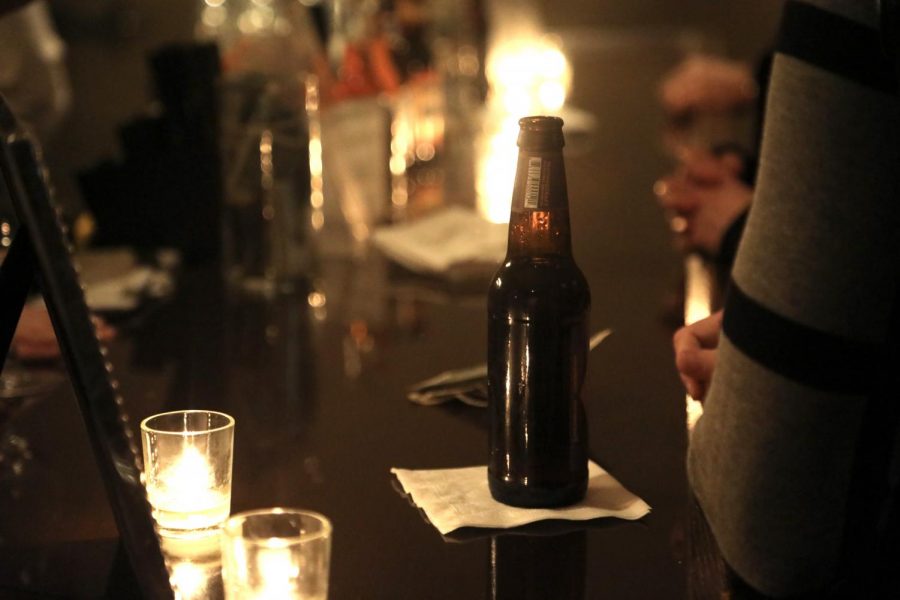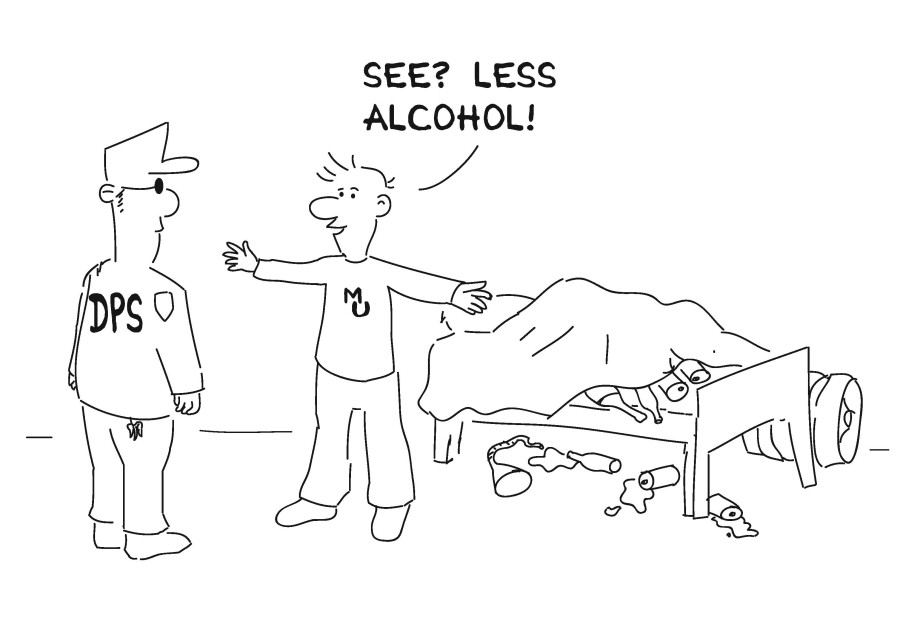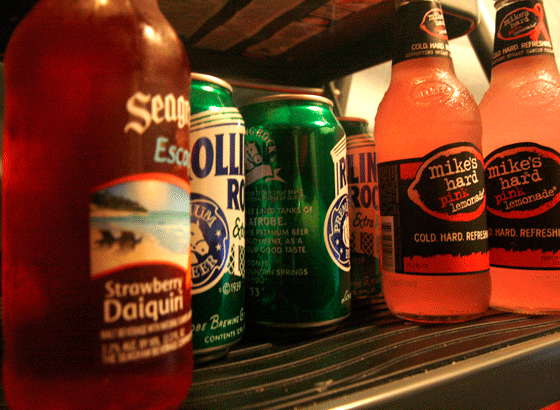It’s Sunday morning. Imagine that you wake up violently sick to your stomach with no recollection of the night before. Panic, fear and anxiety set in as your body is convulsing from the inside out. What you don’t know is the long-term effects that drinking has on the body, especially the brain.
A typical hangover is how many college students start their Sunday mornings. About 80% of college students drink and 50% participate in binge drinking. Then they do it all over again next week. Therefore, due to this irresponsibility and lack of maturity, the drinking age needs to be raised to the age of 25. College is especially not the time to be experimenting with drugs and drinking.
The legal drinking age is 21 in the United States but can go down to 16 in some countries outside of the United States. However, getting illegal access to alcohol is easier today than ever before with ordering fake IDs online and having connections with older people. These days, many fake IDs are hard to spot and easy to scan as well.
Alcohol can have detrimental effects on the body, especially on the brain. The frontal lobe of the brain doesn’t fully develop till the age of 25. Alcohol can further delay brain development as well.
That means that people under the age tend to have issues making decisions, are impulsive and have difficulty concentrating. If you combine that with using alcohol, it can lead to irresponsible choices and sometimes even severe consequences with the school and the law.
Drinking underage can also cause issues with mental health. Studies suggest an increased risk for anxiety, depression, and low- self-esteem.
Additionally, it can lead to further body issues such as heart, liver problems and cancer as well.
A big side effect of drinking is weight gain since alcohol slows the metabolism of foods. Obesity can contribute to many additional health problems later on in life.
With the current drinking age, there is an overlap with the age people get their driving licenses. Currently, one of the leading causes of death for adolescents and young adults is car accidents. About 30% of accidents are caused by drunk drivers. With the drinking age being raised, this number could decrease.
Additionally, by increasing the drinking age, colleges would have less of an issue with underage drinking and run-ins with the cops. Students could focus more on school, themselves and their future. While a big part of college culture is drinking, by increasing the drinking age and getting less access to alcohol, there would be less peer pressure on students to conform to social standards.
This is also a good opportunity for those underage to save money. The average American spends $583 on alcohol a year. Students who are living on their own, paying for school, books and student loans, can save more money rather than spend it on alcohol.
Overall, starting drinking from an early age can lead to alcoholism.
While it may come as a disappointment for increasing the drinking age, in the end, it will have more benefits than downsides. While drinking can be fun to do every now and then, it needs to be done at an older age of 25 when people are more mature, more financially stable, and fully understand the long-term effects of their actions. Overall, you don’t need to drink to enjoy a night of fun. It’s better to wake up in the morning well-rested rather than with no memory of the night before.
This story was written by Krisha Patel. She can be reached at krisha.patel@marquette.edu.









